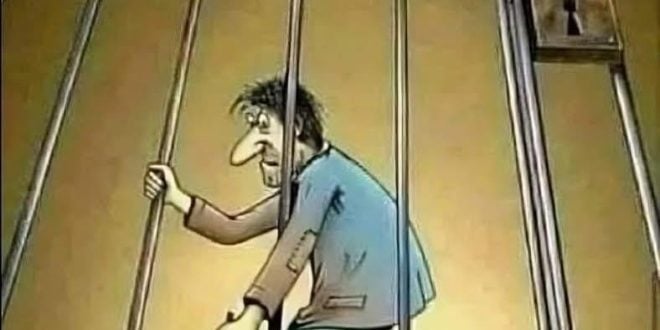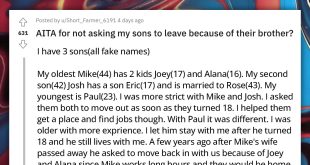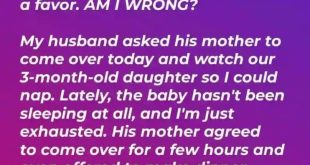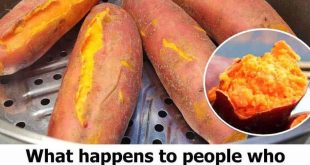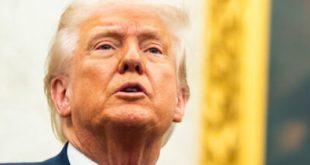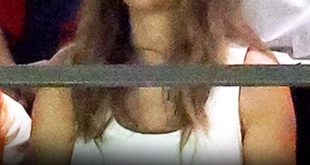Why did the prisoner choose the bread instead of the key? This intriguing question, drawn from the parable “The Prisoner and the Bread,” offers profound philosophical insight into human instincts and priorities. At its heart, this parable forces us to confront the trade-off between immediate survival and the pursuit of freedom, offering lessons that are both timeless and relevant today.
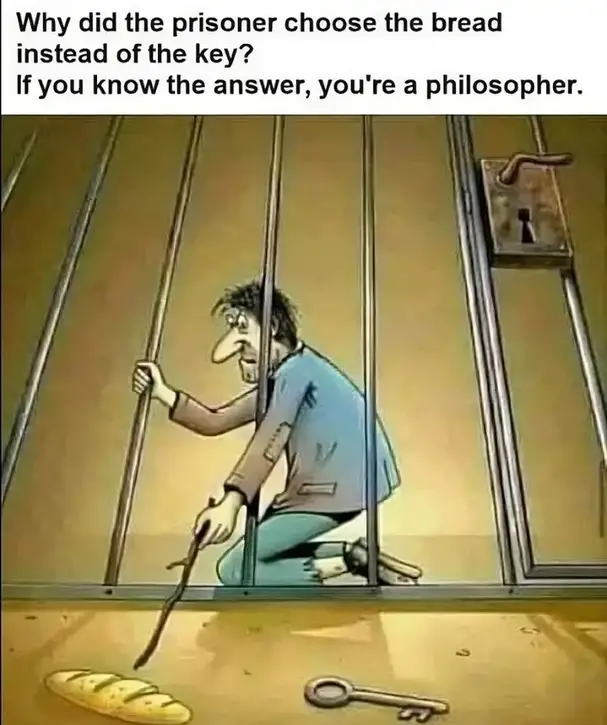
The Prisoner’s Dilemma: Bread or the Key?
The scenario is simple but thought-provoking: a prisoner must choose between a loaf of bread, symbolizing immediate nourishment, and a key, representing his freedom. Why did the prisoner choose the bread instead of the key? The answer lies in the fundamental aspects of survival. When someone is desperate, hungry, or exhausted, the most basic needs take precedence over any future possibilities. For the prisoner, the bread was a tangible solution to his immediate suffering, while the key represented uncertainty—freedom without guarantees.
Survival vs. Freedom
Why did the prisoner choose the bread instead of the key when freedom seems like the obvious choice? It’s essential to understand the psychological and philosophical implications of the decision. Bread symbolizes sustenance and survival, fulfilling a primary human need. Without food, the prisoner would lack the energy to use the key, let alone survive long enough to enjoy freedom.
On the other hand, the key represents autonomy and escape from captivity, yet freedom comes with risks. The outside world may hold challenges—starvation, recapture, or even death. In such a dire situation, the certainty of food can outweigh the uncertainty of freedom. Maslow’s hierarchy of needs supports this, emphasizing that physiological needs must be met before higher goals, like freedom or self-actualization, can be pursued.
The Psychological Perspective
The prisoner’s choice is also a reflection of decision-making under stress. When people are deprived of basic necessities, their ability to think rationally and plan for the future becomes compromised. The bread represents relief, a short-term solution to an immediate need. The prisoner’s instincts prioritize survival over hope, a decision that reveals how the human mind navigates desperate circumstances.
This dilemma encourages us to reflect on our own lives. How often do we choose the “bread” over the “key” in moments of crisis? Whether it’s prioritizing short-term comfort or delaying long-term goals, this parable highlights the tension between practicality and idealism.
Bread as More Than Survival
It’s also worth noting that the bread could serve a purpose beyond immediate nourishment. The prisoner may view the bread as a resource—something he could use to trade, gain favor, or survive long enough to create a new opportunity for escape. In this light, the bread becomes a strategic choice, not just a matter of survival.
Conclusion: A Thought-Provoking Choice
Why did the prisoner choose the bread instead of the key? The answer reflects the deep complexity of human decision-making. While freedom is a noble goal, survival often takes precedence, especially when basic needs remain unmet. This parable encourages us to think critically about our own priorities and choices. Do we pursue immediate solutions, or do we take risks for greater, uncertain rewards?
In the end, the story of the prisoner teaches us an important lesson: sometimes the choices we make in the moment are the ones that keep us alive, giving us the chance to fight for freedom when the time is right.
Please SHARE this article with your friends and family on Facebook.
 Viral Hatch US/UK No.1 News Portal
Viral Hatch US/UK No.1 News Portal
